Community Engagement & Education
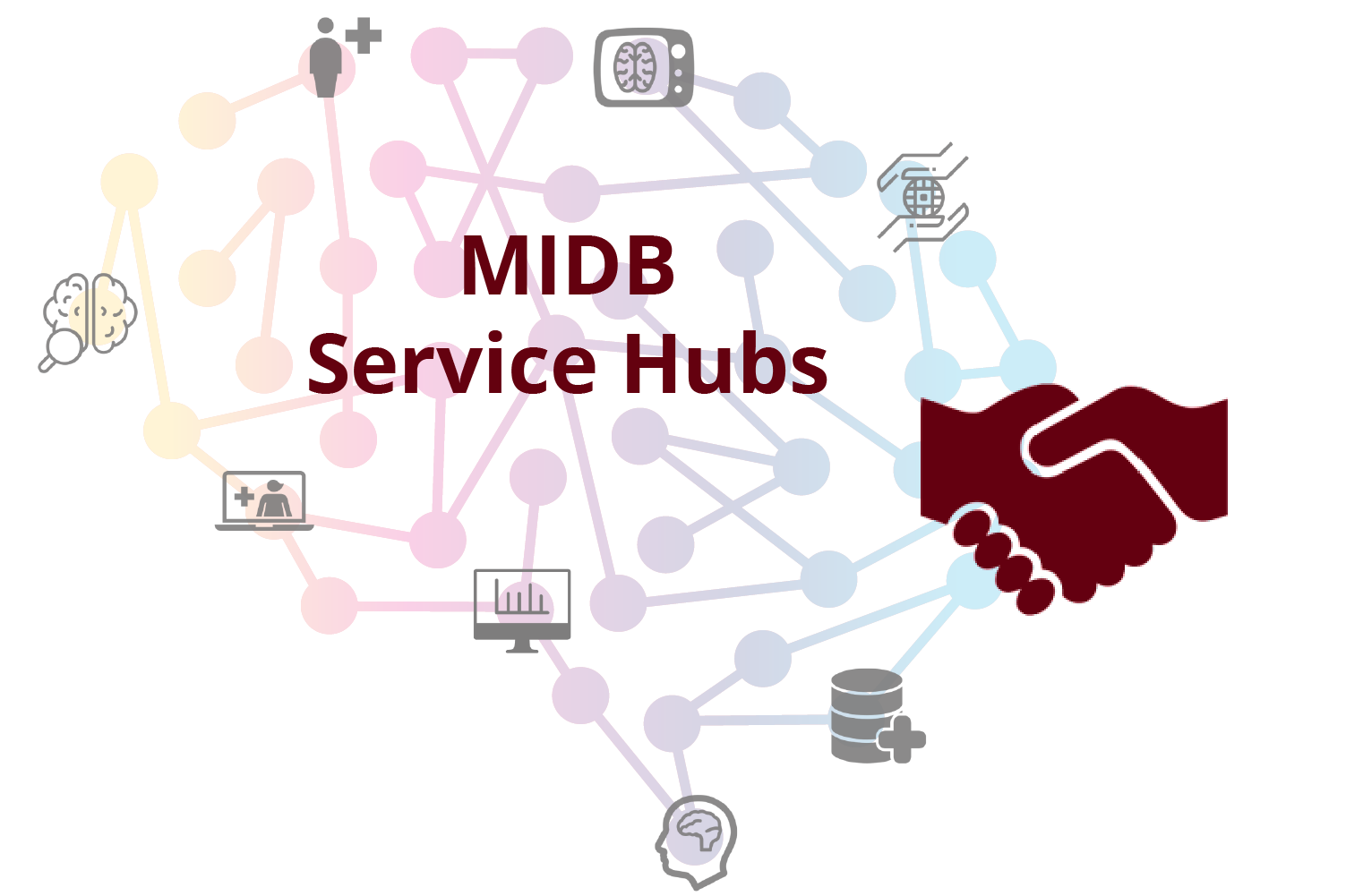
Community Engagement & Education Hub: Including all communities in advancing brain research, connecting care services, creating policy, and encouraging diversity in science.
Jump to: How We Engage | Team | Engagement Examples | Contact Us
Our Expertise
The Community Engagement & Education (CEEd) Hub has a two-pronged mission: (1) We aim to include our local communities in every aspect of MIDB services, research, and policy, and (2) promote, expand, and improve science-based work through the education, support, and mentoring of the next generation of URM scientists.
- We foster engagement, education, and support programs for youth, families and adults, and community.
- We leverage Community Based Participatory Research (CBPR) to increase the relevance of MIDB research to the needs and interests of underserved communities by increasing their direct participation in the design and direction of research.
- We connect intercampus outreach programs to magnify and extend interaction with community organizations.
- We promote, expand, and improve science-based work through the education, support, and mentoring of the next generation of URM scientists.
Our Director
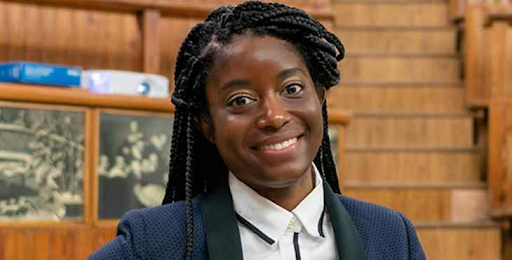
Anita Randolph, PhD, Assistant Professor, Clinical Behavioral Neuroscience (Pediatrics)
How We Engage
Our Team

Angie Mejia, PhD
Assistant Director
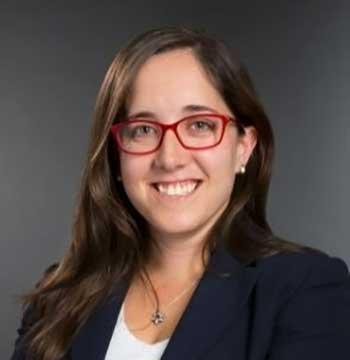
Andrea Nadel-Tikh, MPP
Project Manager, Research Administration and Community Engagement & Education
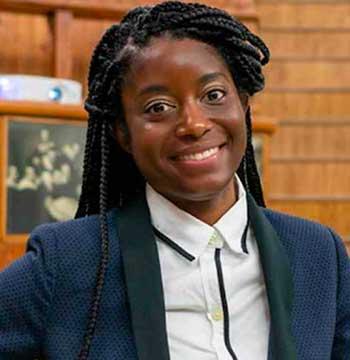
Anita Randolph, PhD
Director, Community Engagement & Education
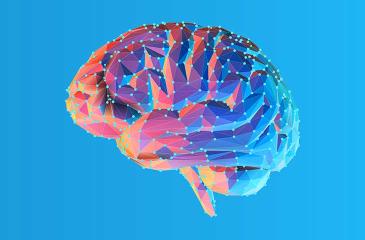
Neuroscience Opportunities for Discovery and Equity (NODE)
NODE is a centralized arena for the development of neuroscience-focused engagement programs across ten separate departments at the University of Minnesota. NODE’s collaborative nature prevents silos between engagement-focused groups across the University to reduce duplicated efforts, cost, and staffing barriers. Learn more about NODE here.

Youth Engaged in Science (YES!) Program
YES! address educational, health and career development disparities in underrepresented minority (URM) communities, with an emphasis on Science,Technology, Engineering, Arts, and Math (STEAM) fields. Learn more about YES!

Community-engaged research training workshops
The CEEd Core has produced training modules for students, staff, faculty, and community researchers to gain knowledge in community-engaged research methods, equitable and sustainable partnerships, evaluation, dissemination, and best practices of ethical exits to minimize harm to communities after the completion of the project.